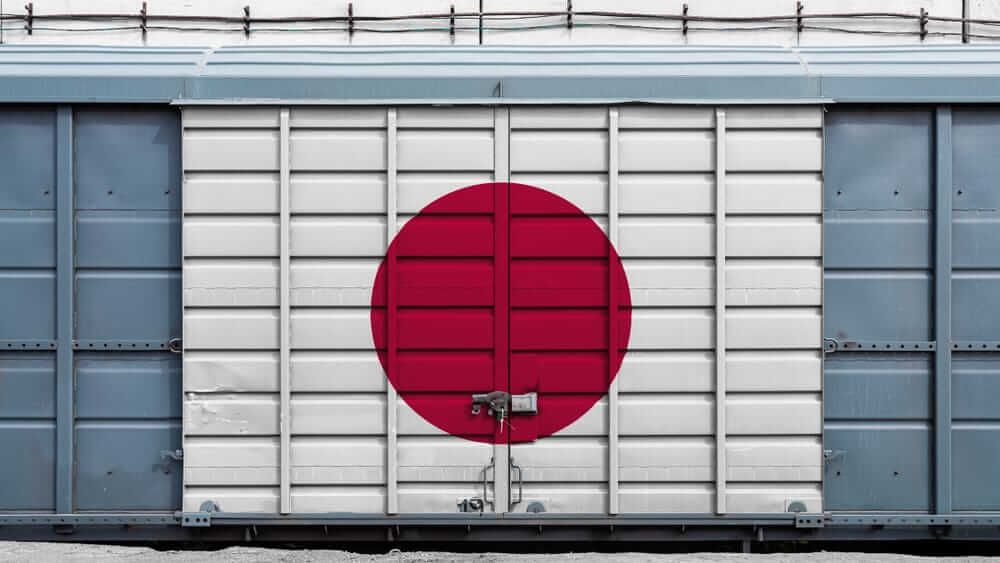
Japan firms on rising commodity costs
Because of the weaker yen, a slim majority of Japanese firms plan to or have passed on rising commodity costs to customers. This indicates that inflationary pressures in the world’s third-largest economy may be increasing.
Only 14 percent of firms said they had already passed on costs to a population concerned about low wage rises and financial security. They highlighted Japan Inc’s decades-long struggle to thoroughly shake off a deflationary mindset. In September, the consumer price index rose by only 0.1 percent, compared to a four-decade high of 8 percent for the corporate goods price index in October.
The chemical, auto, and steel industries were the most willing to pass on costs to customers, while the food, precision tools, and communications industries were the least accommodating. The survey did not inquire about the percentage of costs that businesses intend to pass on. Japanese companies have only passed on half of those costs when faced with cost shocks in the past decades. A notable exception was 2013-2015 when 15 years of persistent deflation ended. Former Prime Minister Shinzo Abe sought to eliminate it by urging businesses to pass on nearly all costs.
Fuel costs spike
Supply bottlenecks and rising commodity costs threatened Asian corporate profits. Therefore wholesale inflation in Japan reached a four-decade high. It followed a similar increase in China’s factory-gate prices.
Rising cost pressures, combined with a weak yen that raises the price of imported goods, aggravate the pain for the world’s third-largest economy as it recovers from the pandemic’s consumer slump. The corporate goods price index measures the prices companies charge each other for goods and services. It increased 8.0 percent year on year in October, exceeding market expectations for a 7.0 percent increase. The increase surpassed a revised 6.4 percent increase in September. It was the fastest since comparable data were first available in January 1981.
Wholesale prices increased for various goods, including fuel, which increased 44.5 percent year on year in October, and timber goods, which rose 57.0 percent.
An index of yen-based wholesale import prices rose 38.0 percent year on year in October. This indicates that recent yen declines were pushing up already high raw material costs.
Japanese firms have been wary of passing on higher costs to consumers. They fear that cost-conscious households will cut back on spending. As a result, core consumer prices rose only 0.1 percent year on year in September.
-
Support
-
Platform
-
Spread
-
Trading Instrument




